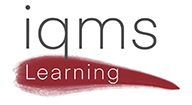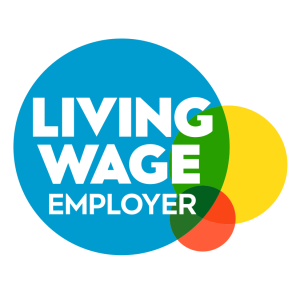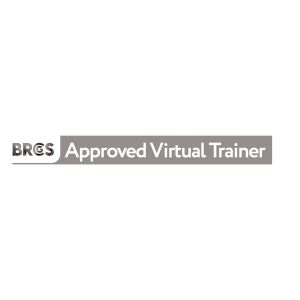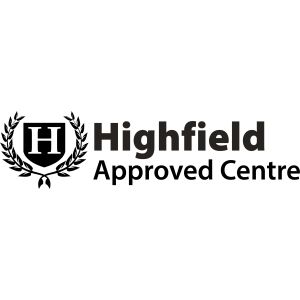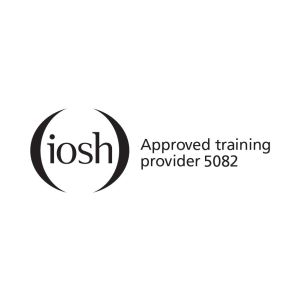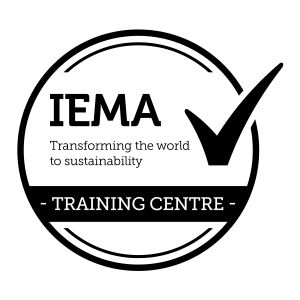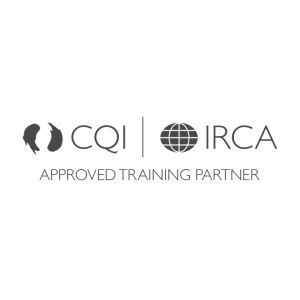
4 Simple Steps to become a Self-Employed Management Systems Auditor
Over the past decade there has been a push from Certification Bodies to move their Fixed Costs to Variable Costs. What does this mean? To explain; one of the biggest costs in running a Certification Body is staff costs, notably, Management Systems auditors. Employed Auditors are Fixed Costs (whether they are fully utilised or not their cost is incurred every month), and Self-Employed Auditors are Variable Costs (costs are only incurred if they are engaged in carry out audits).
Employing Self-Employed Auditors offers the Certification Body the ability to deploy their resources as required by their customers but incur no costs when there is no requirement – deliver on the peaks and manage the troughs.
This movement has presented an opportunity; there is more demand for Self-Employed Quality, Environment and Occupational Health & Safety Auditors than ever before and if you’ve Management Systems and 2nd party audit experience, taking advantage of this opportunity is easier than you think.
Step 1 - Is Self-Employment for you? You’ve got to ask yourself this question. Many QHSE Consultants & Auditors love the attractive, tax efficient income and flexibility to manage you own time that Self-Employment brings, but it’s not for everyone. A positive mindset is vital to manage expectations of the leaner periods – and there will probably be some!
Step 2 - Choose your Product. Where is your experience and what excites you? If you’ve worked on a process line and been involved in Internal Audits of it – choose ISO 9001. If you want to expand your green skills perhaps ISO 14001 is the one for you. Over time you could expand into other disciplines, triple standard auditors, (ISO 9001, ISO 14001 and ISO 45001) are much sought after by certification bodies.
Step 3 - Get Qualified. A five-day Lead Auditor course qualifies you to pursue a career in Auditing. A Lead Auditor course will teach you the knowledge and skills to build an audit team, plan, conduct and report an audit. With your registered Lead Auditor certificate and newly acquired skills you can approach the marketplace to gain the essential auditing experience for your chosen standard(s) and industry sectors.
Step 4 - Approach the market. As a Self-Employed Auditor or by setting up your own microbusiness you can deliver Internal Audits direct to customers looking to outsource their internal audit program and 2nd party supply chain audits or approach Certification Bodies to discuss the possibilities of becoming a subcontractor lead auditor to supplement their full time audit resources. You’ll probably need to offer some shadow audits free of charge to become signed off, but when established as a Certification Auditor you can offer your services far and wide.
It's as simple as that. Accessible to all with some relevant experience and the desire to manage their own future career.
ISO 9001 is the most populous international standard but growing fastest is the Environmental Sustainability sector where initiatives will be built around ISO 14001. Or Health, Safety & Wellbeing (ISO 45001) or Food Safety (ISO 22000, FSSC 22000, BRCGS) – choose the discipline to match your experience and skills and begin to build your new Self-Employed career today.
iqms Learning has a selection of management systems and auditor training courses in a range of disciplines. We can help you decide which course is most suitable for you and help you make the jump to your new career.
Our tutors have decades of experience in the industry and will happily listen and offer some individual advice.
CLICK HERE to contact us today
